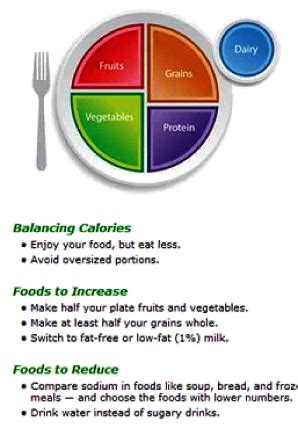How to naturally optimize T-levels for peak energy, drive & muscle growth?

Understanding Testosterone: More Than Just Muscle
Testosterone, often hailed as the cornerstone of male vitality, is much more than just a hormone for building muscle. It plays a pivotal role in energy levels, mood regulation, cognitive function, bone density, and, of course, sex drive. While synthetic options exist, optimizing your T-levels naturally offers a sustainable path to enhanced well-being without the potential side effects associated with external interventions. This guide delves into actionable strategies to naturally boost your testosterone, unlocking peak energy, sharpened drive, and robust muscle growth.

Nourish for T-Production: The Dietary Blueprint
Your diet is the primary fuel for hormone production. Focusing on nutrient-dense whole foods is paramount:
- Healthy Fats are Your Friends: Don’t fear fats! Monounsaturated fats (avocados, olive oil, nuts) and polyunsaturated fats (fatty fish like salmon, flaxseeds) are crucial for testosterone synthesis. Cholesterol, the precursor to testosterone, is derived from dietary fats.
- Adequate Protein Intake: Essential for muscle repair and growth, protein also supports overall hormonal balance. Aim for high-quality sources like lean meats, poultry, eggs, and legumes.
- Micronutrient Powerhouses:
- Zinc: A critical mineral for testosterone production. Found in oysters, red meat, pumpkin seeds, and spinach.
- Vitamin D: More of a hormone than a vitamin, Vitamin D is directly linked to testosterone levels. Get it from sun exposure, fatty fish, and fortified foods.
- Magnesium: Important for muscle function and sleep, magnesium also plays a role in free testosterone levels. Rich sources include dark leafy greens, nuts, seeds, and dark chocolate.
- Limit Processed Foods & Sugar: These can lead to inflammation and insulin resistance, both of which can negatively impact testosterone production.
- Moderate Alcohol: Excessive alcohol consumption can directly interfere with testosterone synthesis and release.

Move to Thrive: Exercise for Hormonal Harmony
Physical activity is a powerful natural testosterone booster, but not all exercises are created equal for this purpose.
- Strength Training is King: Compound exercises like squats, deadlifts, bench presses, and overhead presses engage multiple large muscle groups, eliciting a significant hormonal response. Aim for heavy lifting with proper form.
- High-Intensity Interval Training (HIIT): Short bursts of intense activity followed by brief recovery periods have been shown to boost testosterone and growth hormone.
- Avoid Overtraining: While exercise is good, excessive or prolonged endurance training without adequate recovery can actually suppress testosterone levels. Listen to your body.

Rest & Recharge: The Crucial Role of Sleep and Stress Management
Often overlooked, quality sleep and effective stress management are fundamental to optimal testosterone levels.
- Prioritize Quality Sleep: Most testosterone production occurs during deep sleep cycles. Aim for 7-9 hours of uninterrupted, high-quality sleep per night. Establish a consistent sleep schedule, create a dark, cool, and quiet bedroom environment, and avoid screens before bed.
- Master Stress Management: Chronic stress elevates cortisol levels. High cortisol directly competes with testosterone, leading to lower T-levels. Incorporate stress-reducing practices into your daily routine, such as meditation, deep breathing exercises, yoga, spending time in nature, or engaging in hobbies you enjoy.

Beyond the Basics: Lifestyle Factors for Sustained Optimization
Small daily habits can collectively have a significant impact on your hormonal health.
- Get Regular Sun Exposure: Natural sunlight is the best source of Vitamin D, which, as mentioned, is crucial for testosterone. Aim for 15-30 minutes of direct sun exposure most days, if possible and safe for your skin type.
- Maintain a Healthy Body Weight: Excess body fat, particularly visceral fat around the abdomen, is linked to higher estrogen levels and lower testosterone. Losing weight, especially body fat, can significantly improve T-levels.
- Limit Endocrine Disruptors: Be mindful of exposure to chemicals found in plastics (BPA, phthalates), pesticides, and certain personal care products. These “xenoestrogens” can mimic estrogen in the body and interfere with hormone balance.
- Stay Hydrated: Water is essential for every bodily function, including hormone transport and cellular health.

Conclusion: Your Path to Natural T-Optimization
Optimizing your testosterone levels naturally is a holistic journey that integrates diet, exercise, sleep, and lifestyle choices. There’s no single magic bullet; rather, it’s the consistent application of these foundational principles that yields lasting results. By committing to a nutrient-rich diet, effective strength training, sufficient restorative sleep, and proactive stress management, you empower your body to produce testosterone optimally. Embrace these changes, and you’ll likely experience not just improved physical vitality and muscle growth, but also enhanced mental clarity, mood, and an undeniable surge in overall energy and drive.









